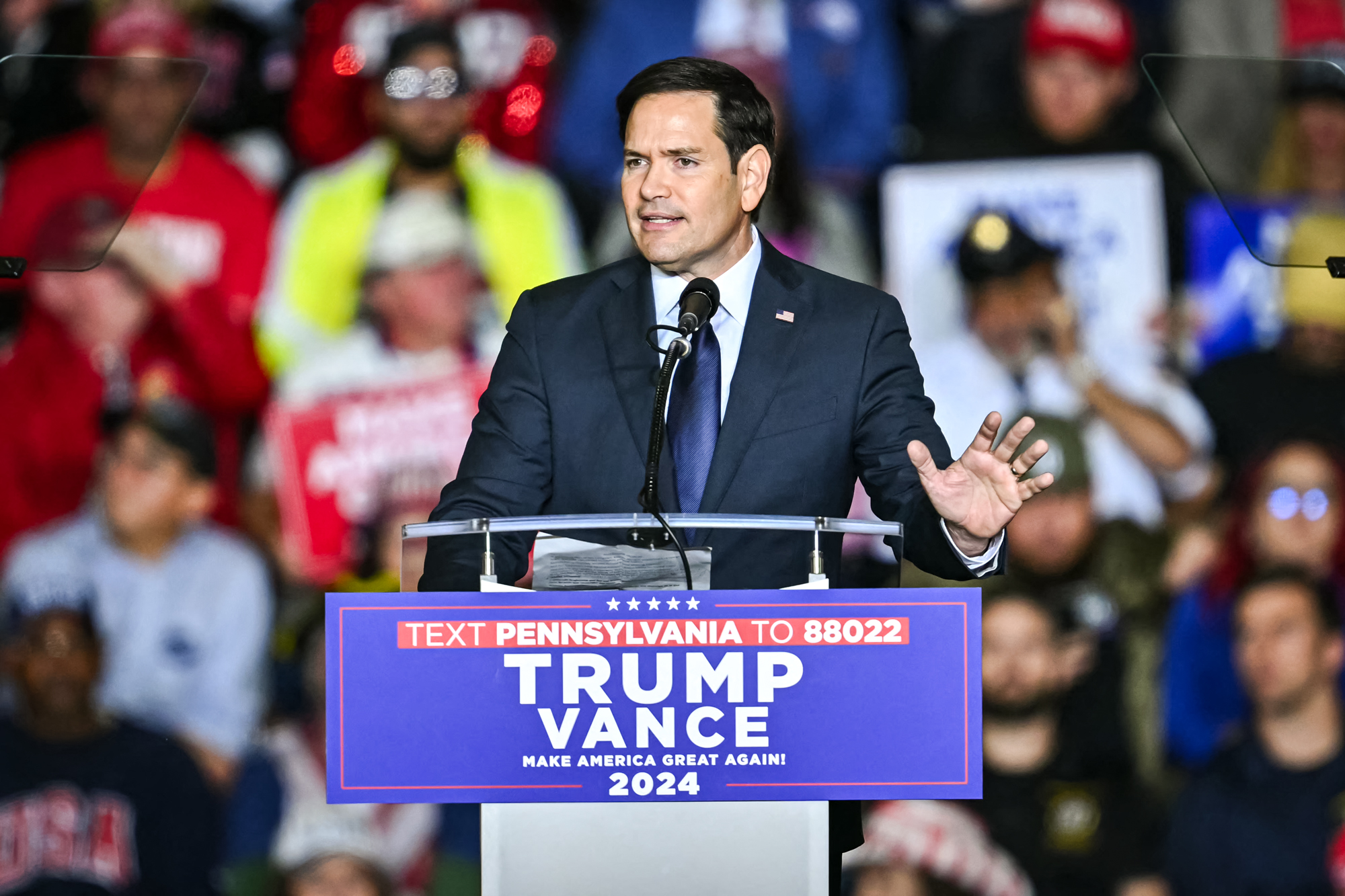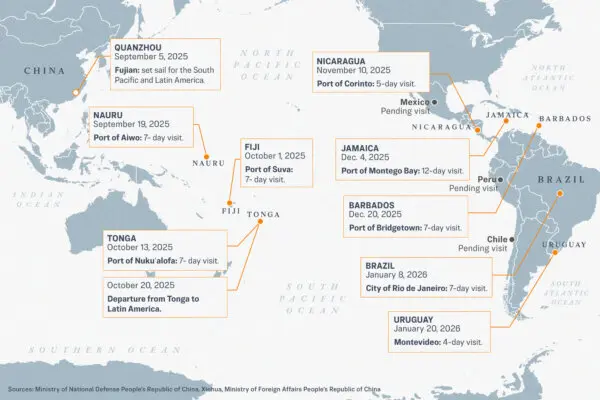President-elect Donald Trump has picked Florida’s three-term senator Marco Rubio to be his nominee for secretary of state, setting the tone for a more hawkish administration on U.S. foreign policy.
“Marco is a Highly Respected Leader, and a very powerful Voice for Freedom,” Trump wrote in a Nov. 13 statement.










